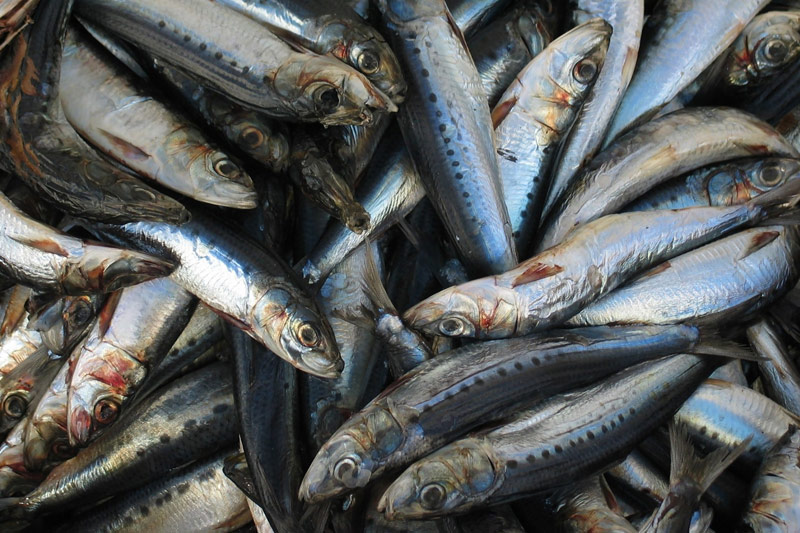By Sophie Song - With the hottest months of the year, March to May, coming up, businesses in Myanmar are already worried that electricity outages will hurt their production again, just like in the summer months of 2013 when factories received as little as three hours of electricity a day.
Electricity is a luxury for most parts of the impoverished Southeast Asian nation. Only 30 percent of the country’s population has access to electricity, and even they have to deal with frequent outages. The government is building power lines, and it is hopeful that toward the end of the year, more Burmese will be connected to the power grid.
But the country’s budding industries may not be able to wait that long. The Yangon Electricity Services Board (YESB) is currently supplying factories with 18 hours of electricity every day, but in the hottest months of the year, when domestic use spikes, factories will be unable to access the 3,500 to 40,000 electric units they need daily to operate, the Myanmar Times reported on Monday.
“Power shortages cause industry to fall down,” said U Myat Thin Aung, the chair of the Management Committee for Hlaing Tharyar Industrial Estate at Yangon’s largest industrial zone in Hlaing Tharyar Township. “Last May, the amount of electricity provided for Yangon’s industries was sometimes zero.”
The 31 industrial zones of Yangon, the commercial center of Myanmar, will require a daily supply of 250 megawatts of electricity, which the power lines will not be delivering to them come March.

Last May, around 100 seafood factories were forced to shut down for two weeks as they could not access the electricity they needed to keep products frozen. Hundreds of tons of food were left to spoil as a result. A single day of production loss at a medium-sized frozen seafood factory is about $2,200, said U Hnin Oo, vice chair of the Myanmar Fishery Federation.
“I would try to run my factory by generating electricity myself using diesel, but I don’t think I can survive long doing that,” U Tun Aye, owner of Shwe Yamone frozen fish factory in Hlaing Tharyar industrial estate, told the Myanmar Times.
To be negatively impacted would be especially bad this year, as Western countries have only recently lifted their trade bans with Myanmar and the European Union recently signed export deals with the Southeast Asian country’s economy. Not being able to deliver on such deals could damage Myanmar’s reputation seriously.
“Myanmar’s products need to be better quality, but if we don’t have reasonable electricity it is very difficult to take advantage of the EU market,” U Hnin Oo said, according to the Myanmar Times.
